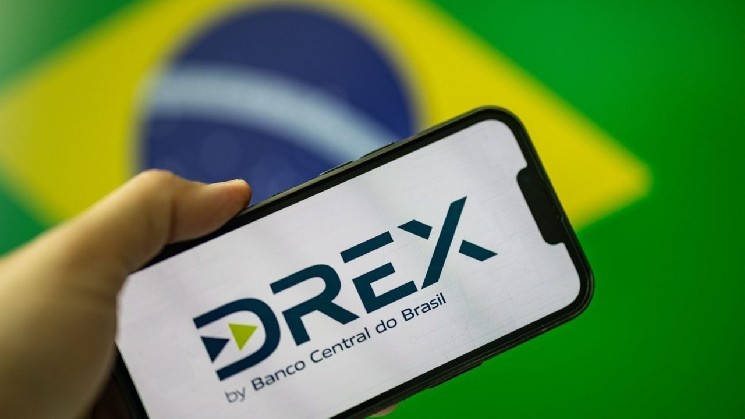Local media reports that several companies, including Microsoft and EY, have reduced the number of employees working on DREX-related solutions. The cuts are due to the lack of central bank support for these initiatives in the second phase of CBDC pilots.
Brazilian CBDC pilot DREX is affected by company withdrawals after resource reduction
Drex, a digital currency (CBDC) pilot for the Central Bank of Brazil, faces headwinds as the process slows development due to a drop in levels of resources directed towards the project.
According to Valor Economico, Microsoft and EY, the largest companies involved in designing privacy solutions for projects, have recently reduced talent for these efforts. The impasse has been linked to the central bank’s recent actions regarding the closure of the second phase of the DREX pilot without approving the project presented by participants.
DREX is suspended after none of the privacy proposals that need to ensure the confidentiality of the transaction while allowing regulators to scrutinize them.
Valor Economico reports that EY, who is currently leading the Starlight Privacy Project, has lost three people involved in developing the solution. Meanwhile, Microsoft reduced its involvement in the ZKP NOVA privacy proposal after spending large resources last year. However, ZKP Nova will continue to be tested and supported by Microsoft partner Hamsa.
The final report issued in February details that none of the privacy solutions presented by several vendors meet the high conditions established by the bank, so there was no public authority statement regarding the future of Drex.
Rogerio Lucca, executive director of the central bank, recently noted that the team behind Drex is still studying the future of the project. “Based on the results of the tests being conducted, the technical team is currently discussing the potential future steps of the project,” he said without disclosing the results of the test.
Read more: Brazil Central Bank: CBDC Privacy Issues Not Resolved yet
Read more: Brazilian CBDC pilot postponed to 2025 due to inefficiency in privacy solutions


